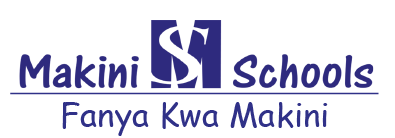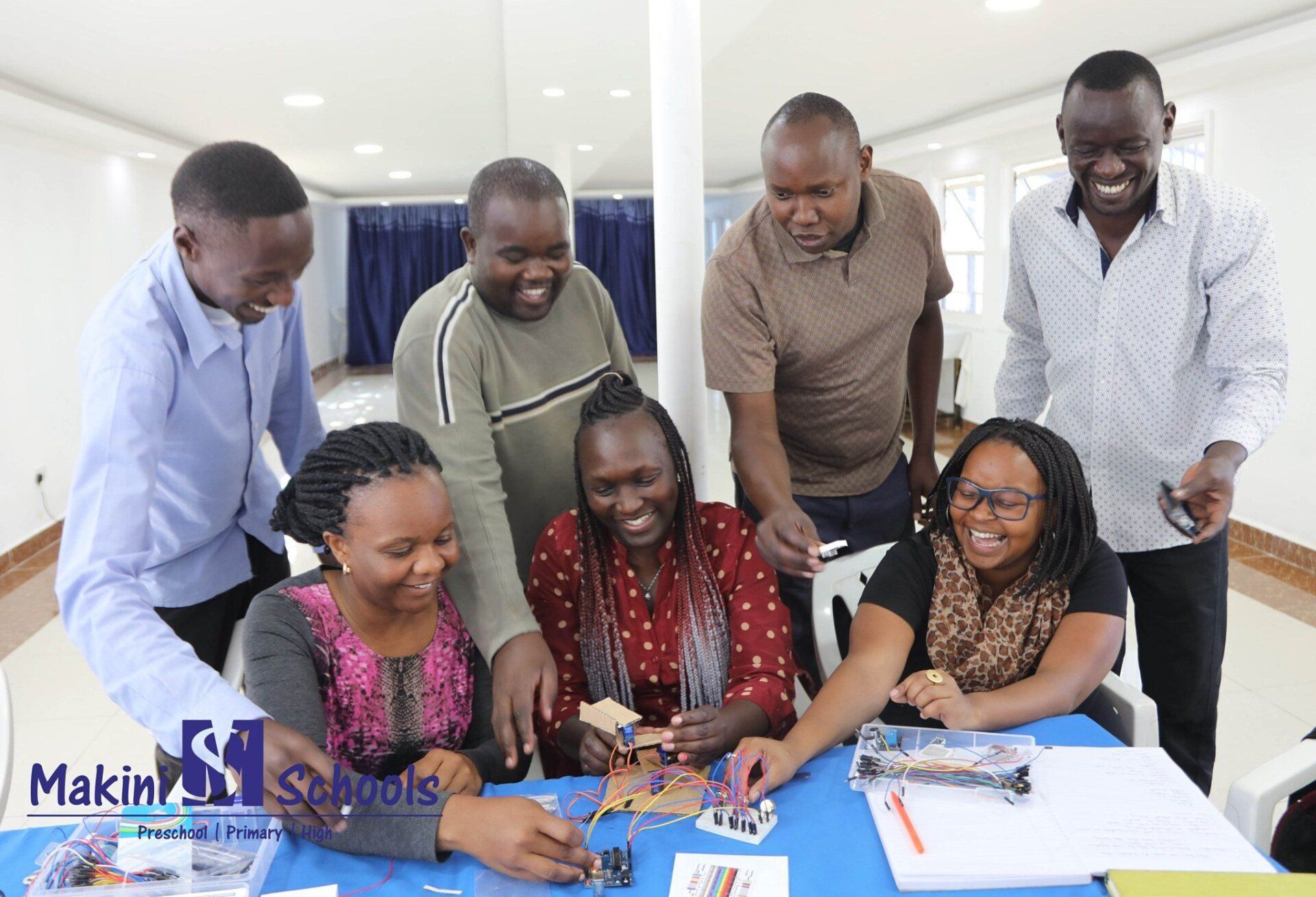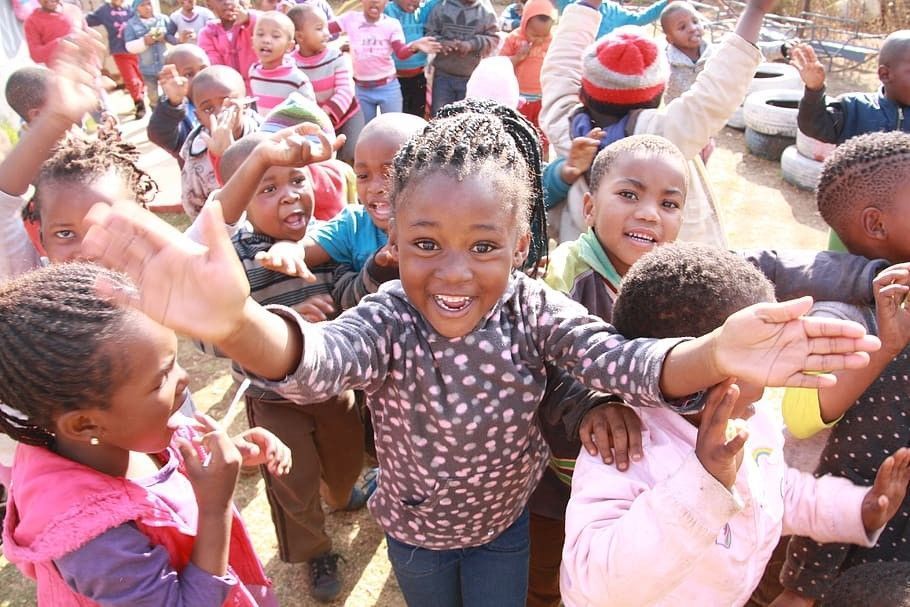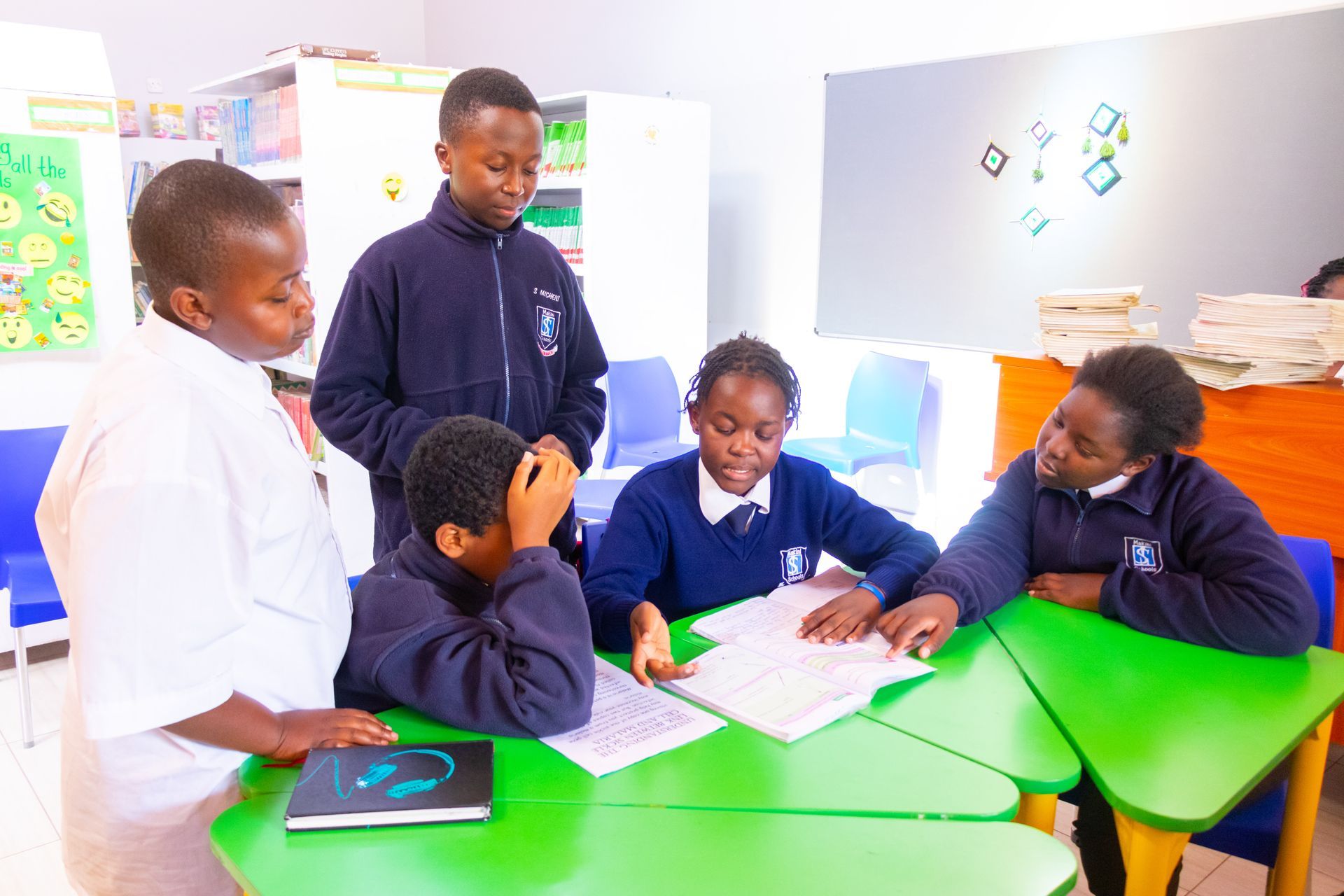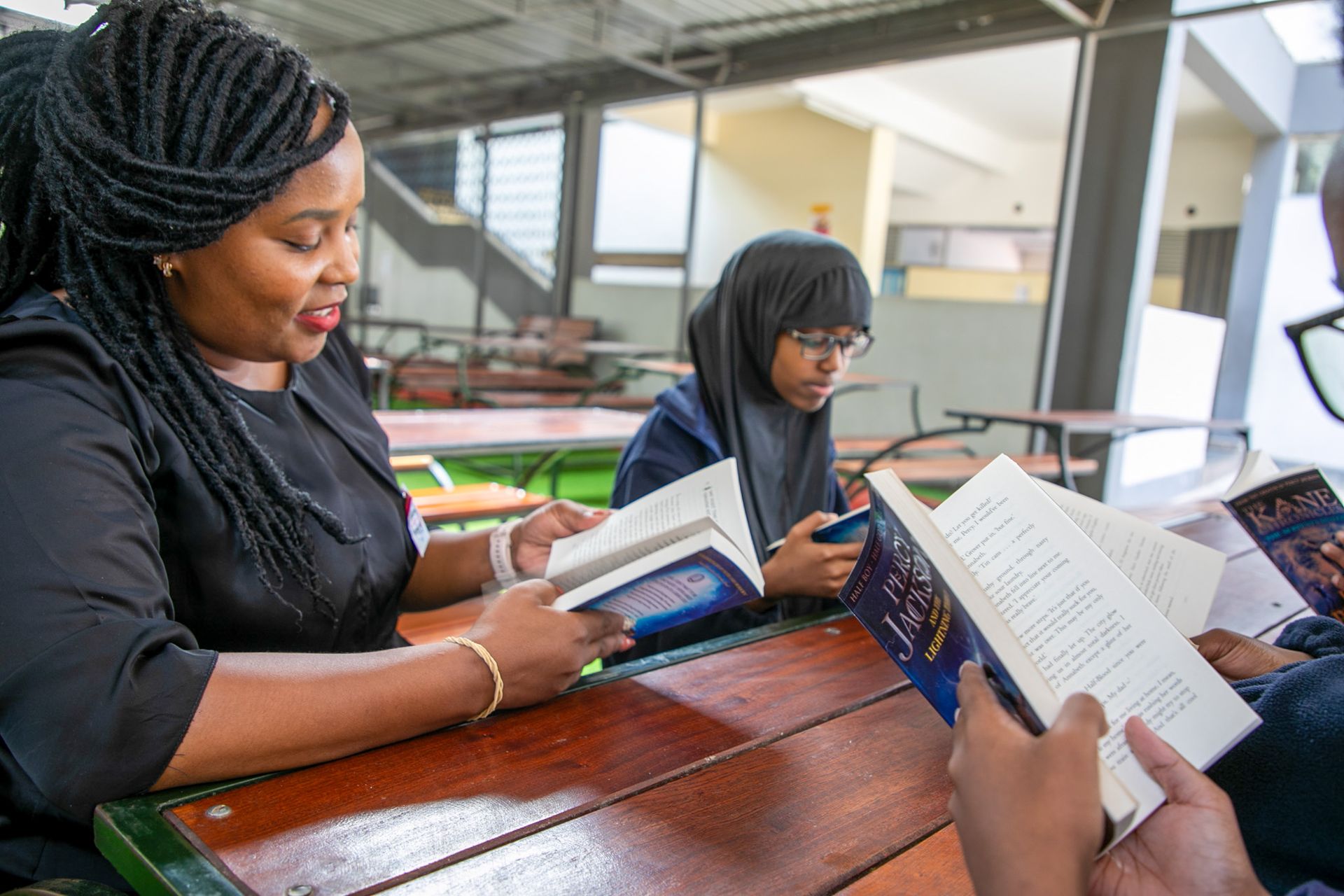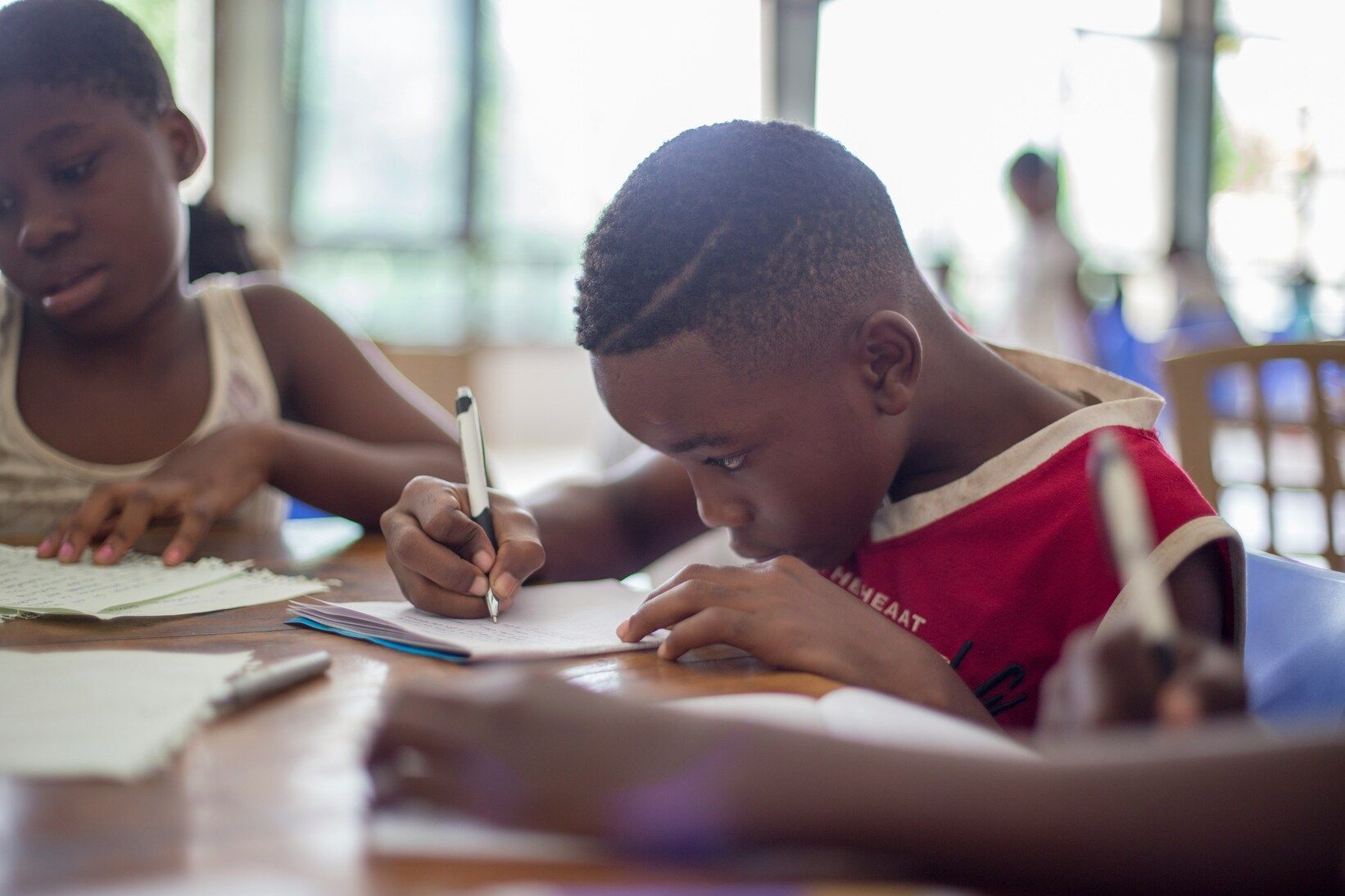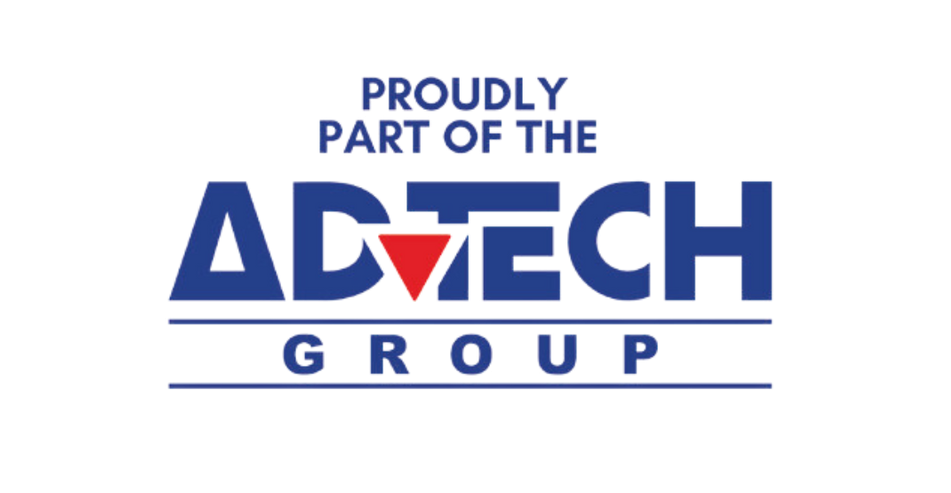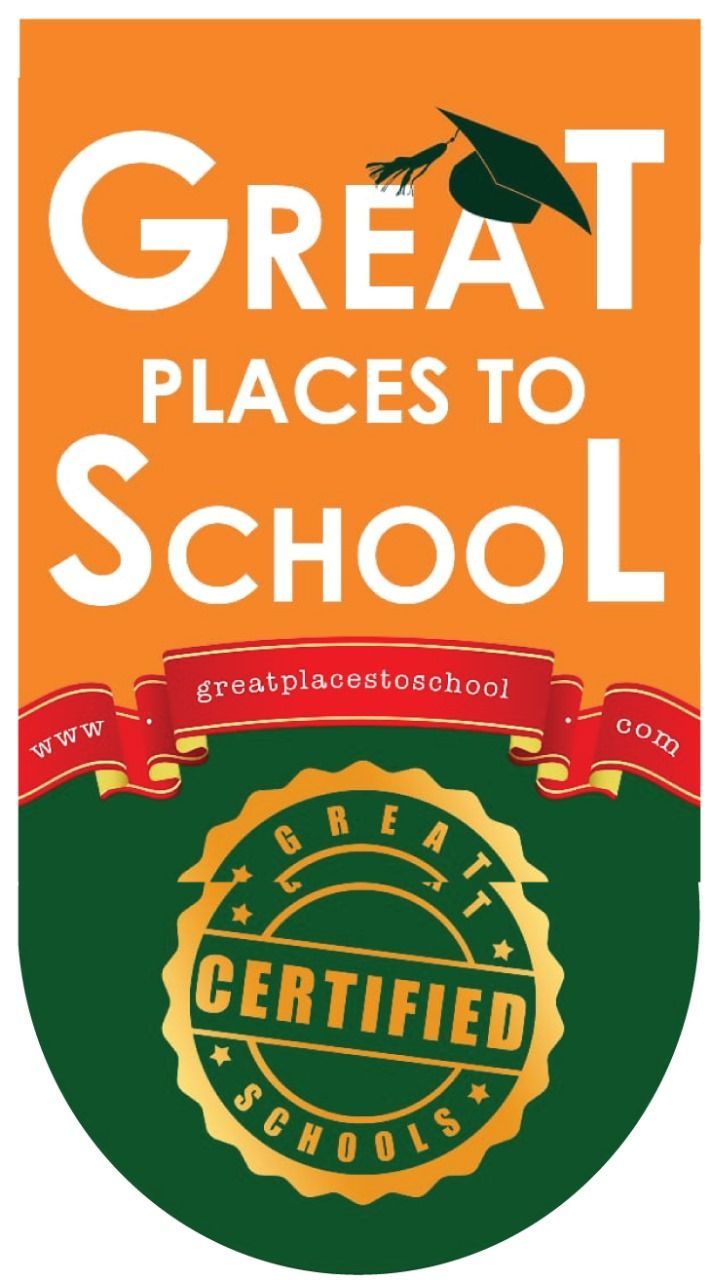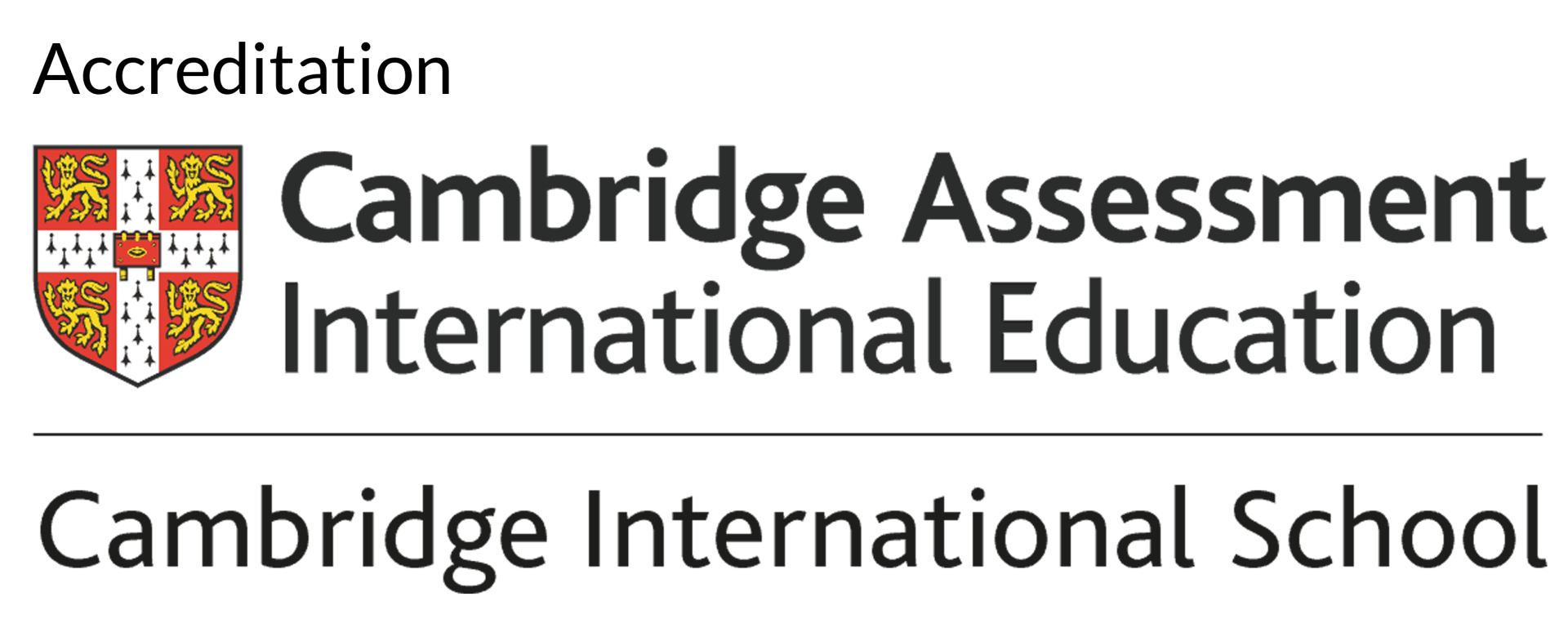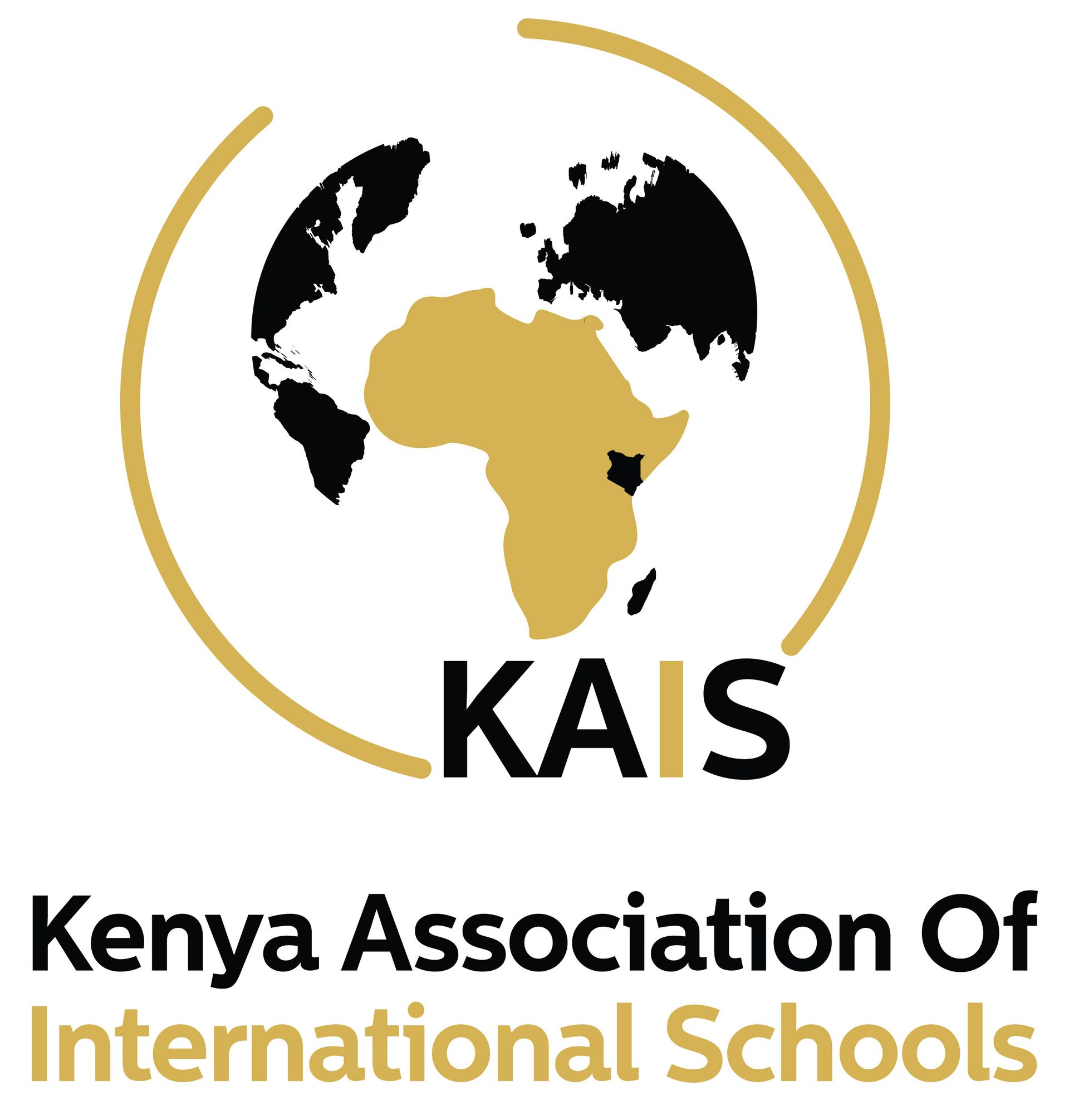Mastering the CBC Assessments
Mastering the CBC Assessments: A Comprehensive Preparation Guide
The Competency-Based Curriculum (CBC) marks a significant shift in the Kenyan education system. It replaced the 8-4-4 system in 2017 which was 8 years in primary schooling, four years in secondary and a minimum of 4 years of university education. The new curriculum consists of 2 years in pre-primary education, 6 years in primary education, 3 years in junior secondary, 3 years in senior secondary and 3 years (minimum) in university education. This split makes it a 2-6-3-3-3 education cycle.
In comparison to the 8-4-4 system, the CBC learners are assisted in their learning and not taught. This puts the focus on the ability of the learner to self-learn and acquire skills. CBC learners will not sit for any major exams. Instead, they will be evaluated through continuous assessment tests throughout the year.
What competencies are taught?
There are seven core competencies in CBC. These are:
1. Communication and collaboration
2. Critical thinking and problem solving
3. Imagination and creativity
4. Citizenship
5. Learning to learn
6. Self-efficacy
7. Digital literacy
What learning areas are covered?
To ensure digital literacy of learners, this is integrated across all learning areas. ICT also serves as a learning tool in all areas. Learning is split into each phase:
Pre-primary:
· Language activities
· Mathematical activities
· Environmental activities
· Psychomotor and creative activities
· Religious education activities
· Pre-braille activities
Primary:
· Literacy activities/braille literacy activities
· Kiswahili language activities/Kenya sign language for learners who are deaf
· English language activities
· Mathematical activities
· Environmental activities
· Hygiene and nutrition activities
· Religious education activities
· Movement and creative activities
Upper primary:
· English
· Kiswahili or Kenya sign language
· Home science
· Agriculture
· Science and technology
· Mathematics
· Religious education
· Creative arts
· Physical and health education
· Social sciences
In JSS, learners will be required to take 12 core subjects:
· English
· Kiswahili or Kenya sign language
· Mathematics
· Integrated science
· Health education
· Pre-technical and pre-career education
· Social studies
· Religious education
· Business studies
· Agriculture
· Life skills
· Sport and physical education
Additionally, there are optional foreign languages on offer. These include Arabic, French, German and Mandarin. Learners can also learn indigenous languages as well as Kenyan Sign language and braille literacy.
What is a teacher’s involvement?
Teachers collaborate with community partners and learners in competency-based education. Together they create a personalised learning journey for each learner that is based on their interests, learning needs and real-time data. This requires the teachers to get to know their learners and be able to give personalised instruction, feedback and support.
The assessment system
A comprehensive evaluation system is used to measure the competency of learners to determine whether they are learning the abilities and are able to apply their knowledge. Daily instruction is guided by formative assessments. Summative assessments are utilised to demonstrate skill improvement through flexible pathways and diverse approaches. Each competency assessment tool comprises of three major components namely criteria, indicators and graduated scale.
Grade Transition
- PP2 to Grade 1 (Pre-Primary to Lower Primary): Learners sit for an exam developed by the teacher (internally) before they transition to grades 1, 2 and 3 (Lower Primary).
- Grade 3 to Grade 4 (Lower Primary to Upper Primary): Learners sit for school-based national assessment before transitioning to Grades 4, 5 and 6 (upper primary)
- Grade 6 to Grade 7 (Upper Primary to Lower Secondary): Learners do a school-based assessment which accounts for 60% (in grades 4, 5, 6) and summative assessment (national exams) at the end of Grade 6 (this accounts for 40%) before transitioning to lower secondary.
How does grading work?
In the CBC, grades represent the level of competency mastery. If a learner doesn’t receive course credits, the competencies must be re-learned.
What is the learning pace?
In the old education system, learners progressed at the pace of the teacher. In the CBC, learners receive individualised support both in and out of school. This ensures that they are able to receive what they need, when they need it. Learners have more control over their learning pace and direction.
How can parents assist?
Parental engagement and empowerment in the learning process is essential to the child’s growth and development. Parents can support their child in the following ways:
· Teach and guide your child to make the right choices and make them aware of consequences.
· Take part in activities on offer at the school and get involved in their planning and development.
· Be interested in what your child is learning – discuss topics at home and allow open discussion.
· Engage with the teacher to enrich your child’s learning experiences.
· Instill a sense of responsibility by encouraging your child to participate in running your home.
· Identify your child’s natural talents and abilities and work with the teachers to nurture them.
What are the advantages of the Competence-Based Curriculum?
1. Quality learning: The main principle behind CBC lies in practising quality learning that serves all learners.
2. Equal opportunity: Improved facilities and new training ensures that the CBC programme offers equal chances for all Kenyans.
3. Flexibility: Learners can enter the programme at any level as long as they have enough credit.
4. Ownership: More responsibility is given to learners, and it is up to them (with the help of the teacher) to reach their goals
5. Closer teacher-student interaction: The teacher is required to study a child and become familiar with their strengths and weaknesses.
6. Individualised learning and support: Learners work towards mastery in their own way, with the support of the teacher.
7. Improved grading and assessments: Learners are graded according to their work and their progress over time.
8. Authentic learning: Teachers facilitate authentic tasks and assessments instead of tests. These are more engaging.
Preparing for CBC assessments
Like any exam, preparation is key. Revision throughout the year is a good habit to instill in learners. By starting early and implementing these habits consistently, parents can help their child reap the long-term benefits of a solid education. Once the assessment date start getting closer, it is vitally important to set up a study schedule. This will ensure that learners have enough time to learn their work and are able to apply their knowledge. An early start will also ensure that any weak areas can be addressed timeously.
Stressing about assessments is completely normal and in small doses, even healthy. However, to avoid unnecessary stress and ensure that learners are prepared, here are a few tips:
1. Set aside enough time to study
2. Organise your study area
3. Summarise your work using flow charts and diagrams
4. Talk to your parents about the work and share your thoughts and applications
5. Take regular breaks
6. Eat well, drink lots of water and get enough sleep
7. Limit your intake of caffeine
8. Manage your stress with exercise
9. Ask for support or assistance if you need it
Make sure you have everything you need for your assessment day to ensure that it goes as smoothly as possible.
